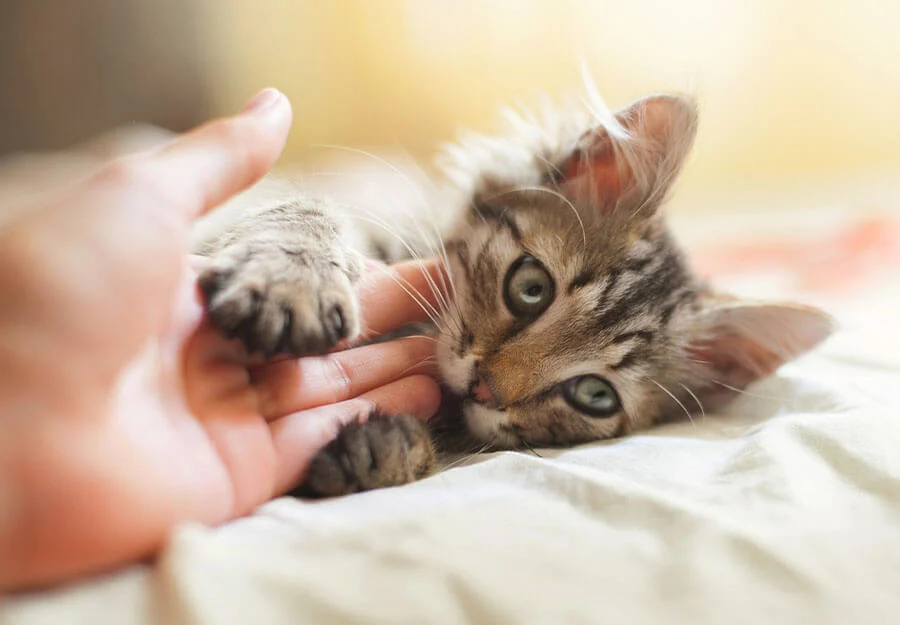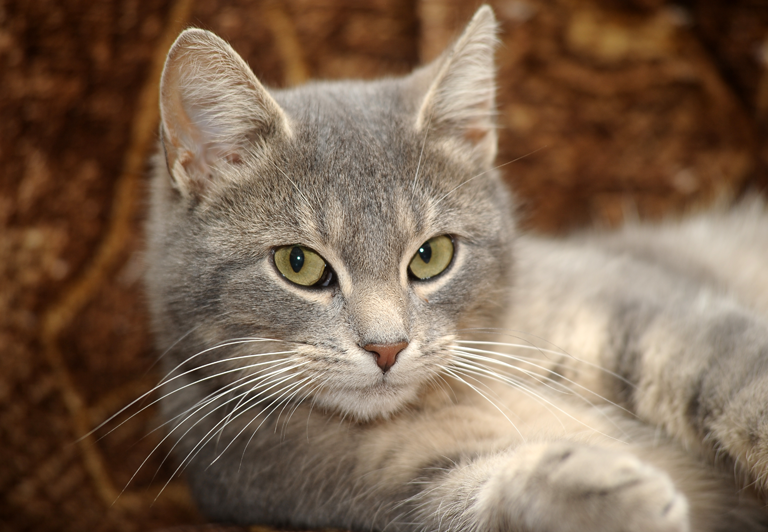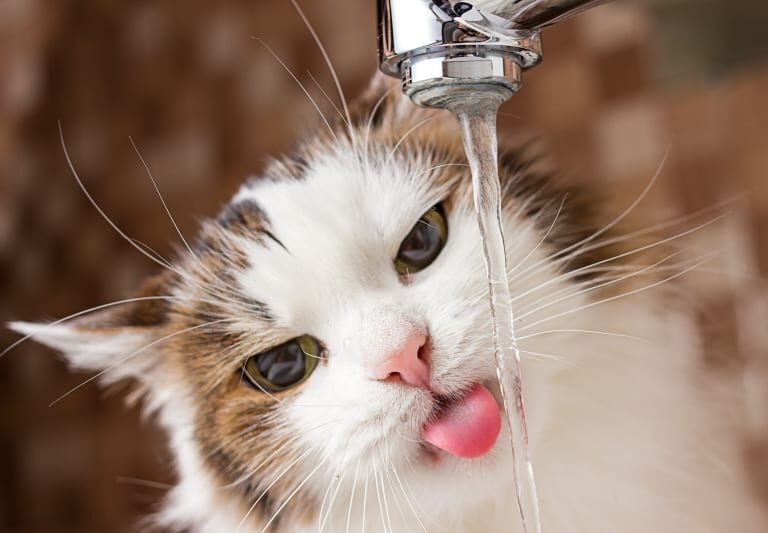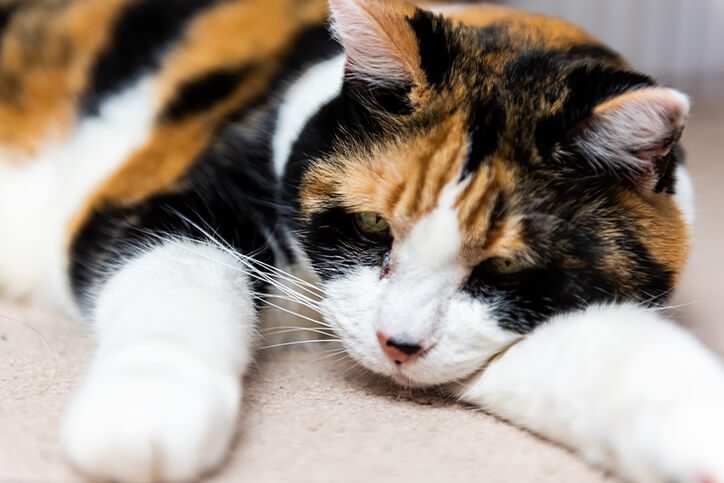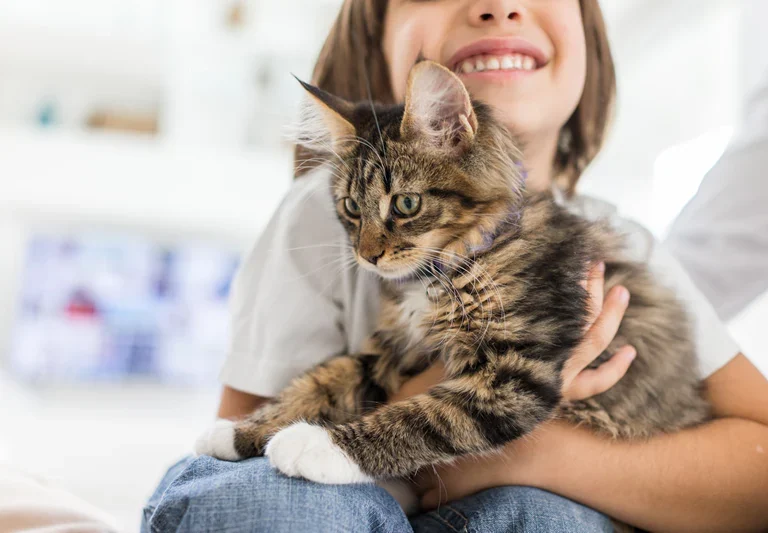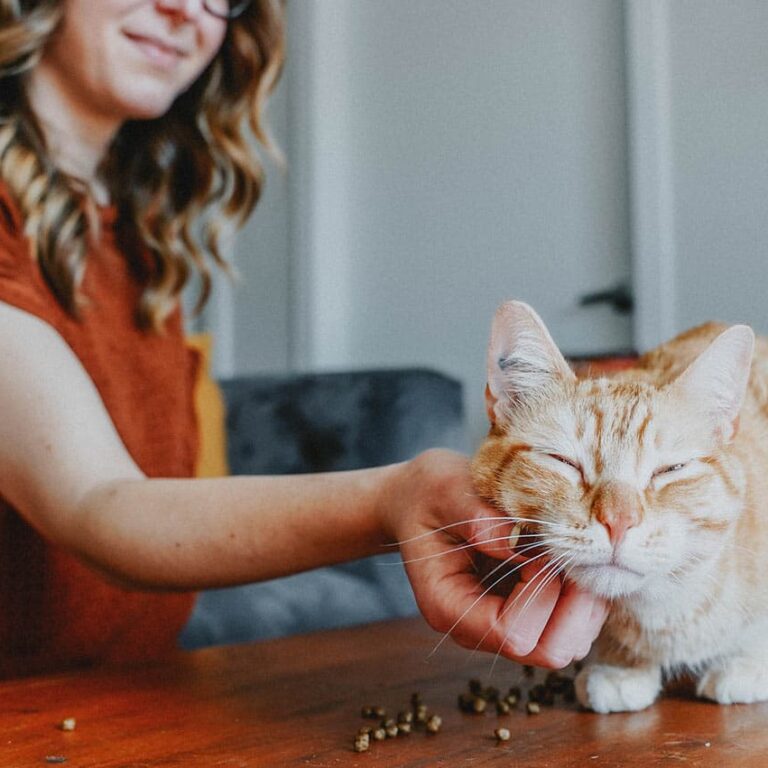How to Prevent Kitten Biting and Scratching?
Kittens are naturally playful creatures who may nip or scratch for pleasure; however, their playful behavior could easily progress into play aggression or defensive aggression if left unchecked early enough.
When your kitten nips during play, firmly but without shouting to tell them “No”, step away, and redirect their focus onto another toy (ideally one that contains catnip). The sooner they understand that hands are not playthings, the less likely they will bite.
Feeding
Many new kitten owners become frustrated when their kittens playfully bite or scratch them – this is a normal part of development, and should not go unchecked as play aggression may turn into defensive aggression over time. How you respond could have an enormous effect on how your kitten acts later.
Punitive measures do not work and could actually worsen a cat’s behavior, since their instinctual urges drive their behavior and any form of punishment will only confuse and harm your relationship with them.
If you do get bit or scratched during play, make a sharp yelping sound immediately and withdraw yourself from the situation. Once out of sight, stop all interactions with your kitten for several minutes as a form of punishment for biting or scratching; this will send the message that such behavior is unacceptable and teach her other forms of play instead.
Avoid touching sensitive areas on your kitten such as its paws, belly and underside of tail – these areas could cause it discomfort when touched. Make sure other members of the household and visitors also know not to touch these sensitive parts; it will help prevent accidental nipping or scratches during petting sessions. To further prevent accidental nipping or scratches during petting sessions. For young children, immunocompromised persons or those on blood thinners in your home from accidental scratches while playing with your kitten: wear pants and long sleeves when playing so as not to transmit bacteria that could potentially be transmitted bacterially and lead to serious health complications; such actions could help protect these vulnerable parts of their bodies from bites or scratches from which bacteria could be transmitted and lead to serious health complications that could impact health concerns in future petting sessions.
Training
No matter their desired playmate is, kittens must learn how to interact without biting. Kittens who bite often become more aggressive as they grow older; therefore it is crucial that kittens use toys rather than your hands when playing rough games; rough play encourages biting while teaching cats that humans’ hands can also serve as playthings, making it harder for later on when trying to break this habit.
When petting a purring kitten and they start licking or clawing your hand, pull away calmly (don’t yank; that can be scary). This sends the message that this behavior is unacceptable. If they continue biting you instead of pulling away calmly, make a loud and clear “ouch!” as soon as your hand touches the ground before lifting it back up again to try it again until they stop biting or clawing your hand; if this doesn’t work speak with a cat training/behavior specialist/veterinary behaviorist immediately.
Kittens who don’t get socialized properly with other cats or litter mates may become more aggressive as a result. Their natural instincts of stalking, chasing, pouncing and staking out prey must be exercised or they could act out by biting and scratching instead. Toys designed specifically to stimulate these behaviors may help to keep kittens entertained without becoming bored – having multiple types available will ensure maximum engagement!
Environment
Kittens naturally use playful nipping and biting as a form of communication with their surroundings and with other cats, but kittens may become aggressive for various reasons. Fear or pain could trigger aggressive behavior that manifests itself through hissing, growling, flattened facial features and ears or crouching low to the ground with tail tucked under their body – or any combination thereof. If you believe your kitten has begun behaving aggressively without play aggression being present, consult with a feline behavior expert immediately.
If your kitten is biting or scratching due to frustration and boredom, try offering several 15-minute play sessions using a wand toy, reinforcing the rule: “Toys not hands.” This should help divert their focus away from you fingers, while enriching their environment with cat trees, window perches and scratching posts can all help as well as diffusers with Feliway to reduce stress and anxiety.
Punishing a cat for biting or scratching will only increase their anxiety levels and their likelihood of behaving aggressively when threatened, according to their instinct. Punitive measures only serve to arouse them further and cause long-term damage; rather, try redirecting their energy with toys such as cuddling cushions for comfort or placing a light blanket over their heads – this usually has a soothing effect that many kittens respond well to.
Health
Cat toys and safe places will help your kitten feel secure, potentially decreasing biting and scratching behavior against vulnerable people like young children, immuno-compromised adults or those taking blood thinners.
Rough play such as grabbing, tackling and batting are instinctive behaviors which may result in bites and scratches for your cat. To protect their future wellbeing it’s essential that this form of play be discouraged as it could turn into lasting defensive aggression that needs to be managed and eventually resolved.
If your kitten nips your hand during play, say ‘ouch’ and move away slowly without stopping the interaction. This will help them understand that biting during play is unacceptable but that it doesn’t stop the fun; don’t yank away or they might think the game still continues and keep biting!
Encourage play with toys as this can reduce biting and scratches from overly enthusiastic playing, and redirect their energy toward more desirable behaviors. Make sure all family members and visitors understand this so they can reinforce it to your kitten.
Do not hit or shout at your kitten as this will only serve to confuse and teach it that biting and scratching are acceptable behavior. If they appear distressed or show any sign of pain or stress, seek professional advice immediately as these could be indications that something is amiss with their health or life.

